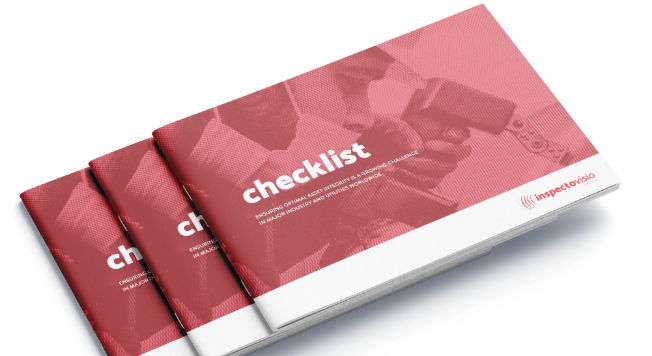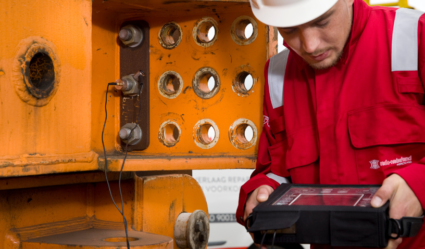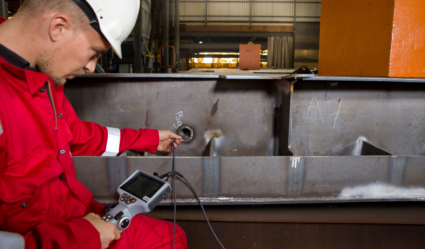10+ years of experience
Always quick results
Advisory report always included
ISO 9001:2015 & VCA* certified
Determining the right finish
Roughness Testing offers reliable surface roughness measurement. This is important in light of determining a suitable coating or ensuring that no residue remains on a surface. In case of guarantee-issues, Roughness Testing also provides quick and clear answers. In addition, the always included advisory offers recommendations regarding the most logical option in the follow-up processing.
- Reliable surface roughness measurement and finish determination
- Advisory report always included
- 10+ years of experience
- On-site testing
- Quick results
Satisfied clients

Need Roughness Testing?
QUICK RECOMMENDATION REGARDING FOLLOW-UP PROCESSINGAdvantages of Roughness Testing
Roughness Testing offers assurance. In addition, it is a non-destructive testing technique that can be implemented easily and on-site, while also providing quick results. The only conditions are that the test surface is accessible and dry. Offering clear results, Independent Roughness Testing can also solve all kind of possible disputes, for instance in case of guarantee-issues.
- On-site testing possible
- Quick results
- Reliable surface roughness measurement and finish determination
How does Roughness Testing work and when is it necessary?
Roughness Testing is a non-destructive testing method used to determine how rough or smooth a surface is. We apply a simple yet advanced instrument, which measures resistance with a stylus. Based on this outcome we can determine the resistance and thus the roughness.
Roughness Testing proves to be the perfect solution in a number of situations. For instance, when applying coating on a material for which its manufacturer has recommended a certain roughness in order for it to adhere optimally to a surface. Without Roughness Testing the coating may detach, causing high repair costs later.
Sometimes a surface needs to be as smooth as possible, for example when corrosive materials are involved or materials used in the food and dairy industry.
In both cases remaining residue is the problem. Roughness Testing can guarantee that a surface is smooth enough to prevent deposits.
Relevant markets
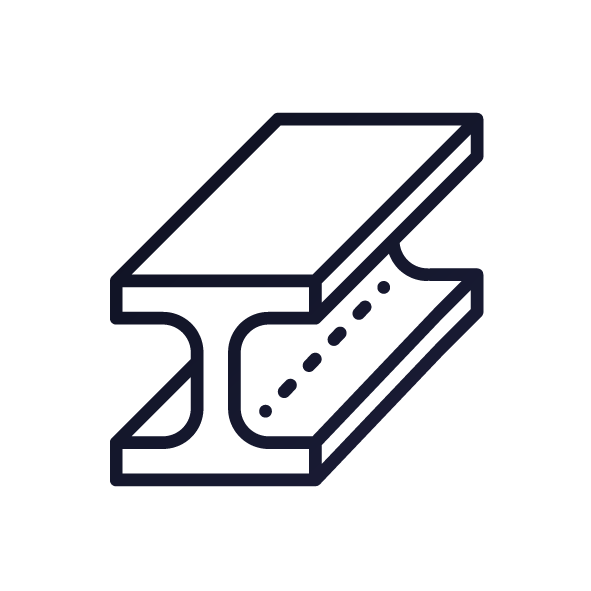
Steel & Non-Residential Construction

Ship Building and Repair
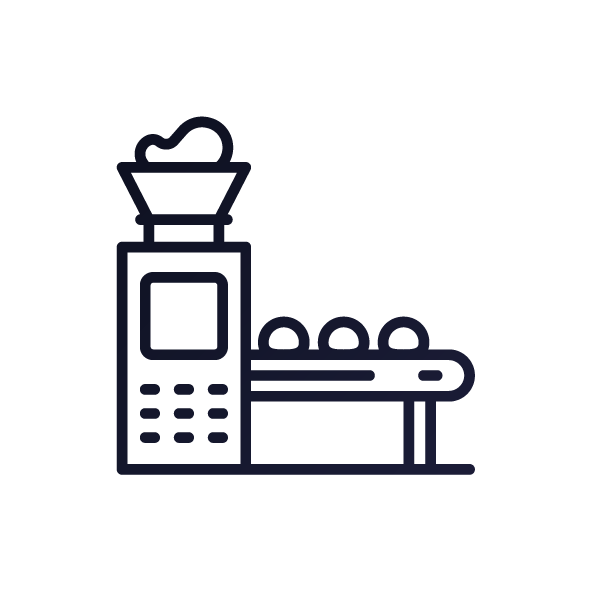
Food Industry
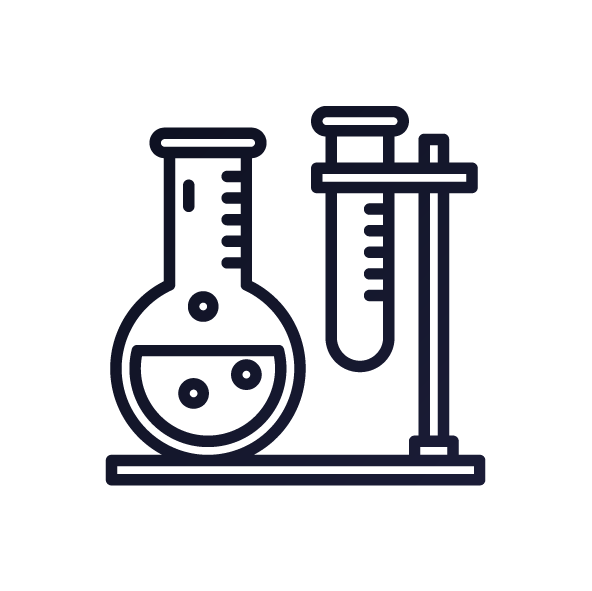
Chemical Industry
Frequently asked questions about Roughness Testing
-
CAN ROUGHNESS TESTING BE CONDUCTED ON WET SURFACES?
No, for reliable results the test surface needs to be dry.
-
DOES A SURFACE NEED TO BE PRE-TREATED PRIOR TO ROUGHNESS TESTING?
We recommend conducting Roughness Testing on surfaces in the condition they ultimately will be applied in the production process. If this involves a pre-treated surface, it is also best to test it in its pre-treated condition. This is obviously not the case when it is tested as a guarantee for its pre-coating roughness.

Request
a free offer
for Roughness Testing
More interesting NDT methods
Reduce repair costs and avoid late delivery
